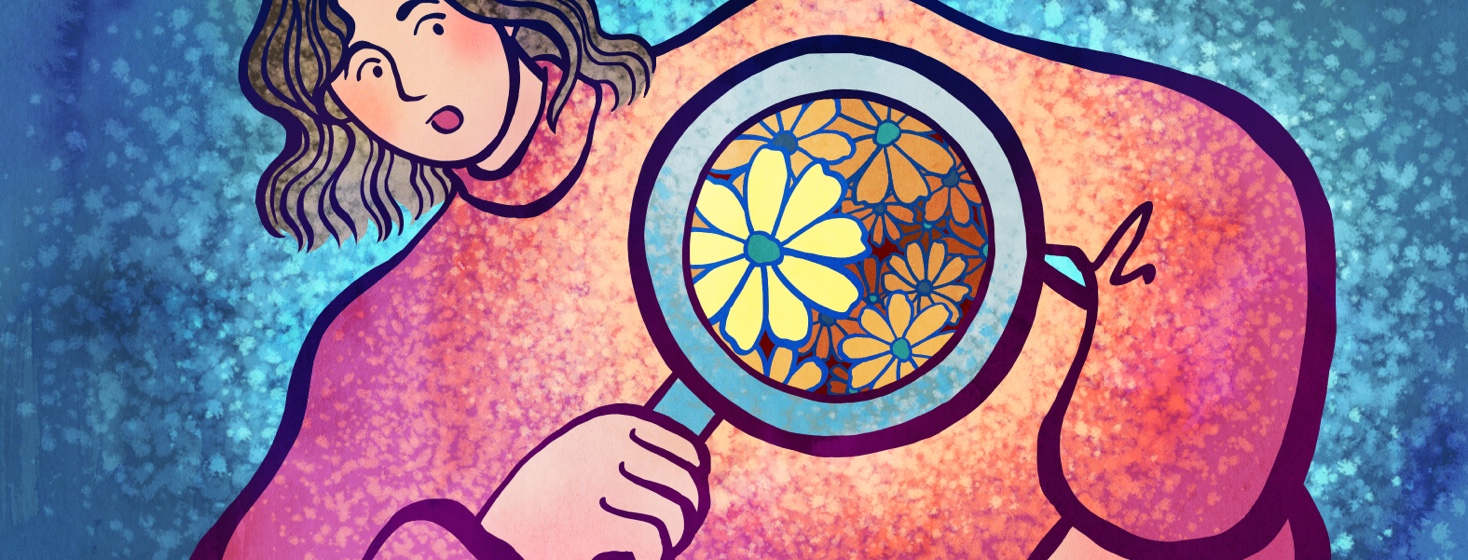What Is It Like Being on Immunotherapy?
Immunotherapy feels like the new kid on the block when it comes to cancer treatment. And in the world of medicine, it really is. Keytruda was approved for use in the US in 2014 and it was only approved as a first-line treatment for metastatic bladder cancer in 2019. When my oncologist said this would be the treatment route we were going to take, I admit I had no idea what immunotherapy was. My nurse educator actually had the best analogy to help me understand.
How is immunotherapy different from chemotherapy?
Chemotherapy is like spreading weed killer in a garden. It kills the weeds, but it can also kill the flowers. Immunotherapy is like using fertilizer. This helps the garden fight off weeds on its own, but the flowers can get out of control. It's not a perfect example, but it has always helped me wrap my brain around what we are doing. We are helping my body fight off my cancer on its own. It's that part about the flowers getting out of control that we monitor constantly, and what I want to share from my first-hand experience.
Immunotherapy side effects
When you start immunotherapy, you are given a whole manual, and inside you will see pages upon pages of possible side effects. Some are expected and you just have to live with, and some are red flags that intervention is needed. It is important to know that every single person will have a very unique and individual experience with immunotherapy. Some people will have very mild side effects, and some people will have incredibly difficult reactions during their course of treatment. Now that I have finished a full year on Keytruda, I would like to share my side effects and how we are working through them.
The Keytruda "itch”
While all immunotherapies can cause itching or rash, Keytruda is notorious for it, and patients are told to be prepared for it. When I first experienced it, EVERYTHING itched. My eyelids, my feet, my elbows, my scalp. Everything itched. I have since started taking Claritin right after infusions, and we also include a bag of fluids run with my infusion. This has helped tremendously. If all else fails, good old Benadryl always helps.
Joint pain and body aches
It can be strange to be told joint pain is a good thing, but my medical team has told me mild joint pain is a sign that Keytruda is working. However, I will never forget the very first night after my infusion when the pain was nowhere near mild. I honestly felt like every joint in my body was going to explode. My team was able to prescribe some great pain medication and anti-inflammatory medication to get me through that initial response. These days, I at most get a little achy a day or two after an infusion. This is easily mitigated with Tylenol and kicking my feet up. You should never be in pain on immunotherapy. Always ask your team if they have options to help you work through it.
Upset stomach
The one side effect I can almost guarantee everyone experiences at some point is stomach distress, most commonly diarrhea. Everyone can experience this at varying degrees. I’ve spoken to some patients who have constant diarrhea and stomach upset that impacts their daily life. Some people have it intermittently, or like me have a mild case immediately after an infusion. I am lucky that mine is so mild. I have learned to stay hydrated and eat bland meals the day of and after treatment. My team and I always monitor how my GI system is handling Keytruda because it can very quickly morph to ulcerative colitis or bowel inflammation. I personally am trying to avoid the need for a second ostomy bag.
Pay attention to your body and talk to your doctor!
The list of possible side effects from Keytruda is incredibly expansive. My best tip is to take note of anything out of the norm, track it, and just ask your doctor what they think. I am amazed at this “new” innovation in cancer treatment, and I am very encouraged to see what happens now that Keytruda is approved as a first-line treatment for bladder cancer.

Join the conversation